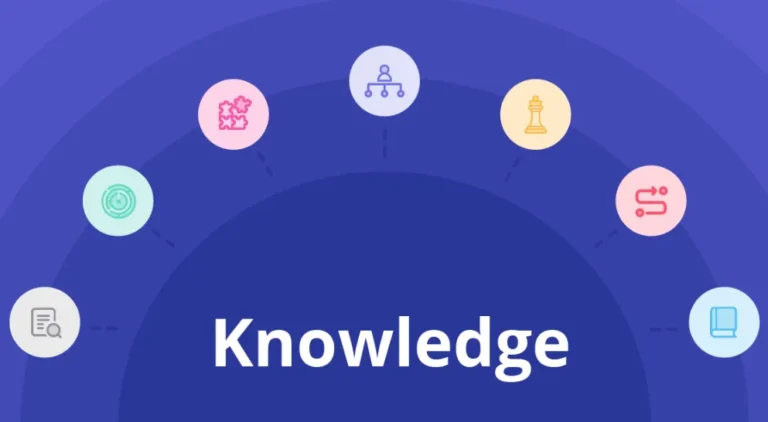In the ever-changing modern business environment, understanding how knowledge is created, shared, and utilized is critical to an organization’s success. Various types of organizational knowledge form the foundation upon which companies build their competitive advantage. Diving into how these categories interact and contribute to efficiency can help leaders make informed decisions and drive innovation. Keep reading to explore these knowledge dynamics and how they impact organizational growth.
Tacit Knowledge
Tacit knowledge is often considered the most personal form of knowledge, grounded in the experiences, ideals, values, and emotions of individuals. It’s inherently difficult to articulate and formalize, making it a unique yet challenging aspect of knowledge management. Workers express tacit knowledge through their crafts, decision-making, and problem-solving abilities without necessarily being able to convey the specifics in writing or verbally.
Organizations rich in tacit knowledge often have employees with a deep, intuitive understanding of their roles and responsibilities. This type of knowledge is predominantly shared through direct interaction, mentoring, and socialization within the company. It’s crucial for businesses to foster environments where tacit knowledge can flow freely amongst team members, enhancing overall performance.
Explicit Knowledge
Explicit knowledge stands in contrast to tacit knowledge as it encompasses facts, rules, and processes that can be easily articulated, codified, and transferred. This knowledge is typically found within documents, manuals, databases, and other mediums that can be shared and accessed throughout an organization in a cloud-based knowledge management system. It is the type of knowledge that is systematically and purposefully captured in an organization’s repository.
Developing a robust repository of explicit knowledge allows for efficient training of new staff, provides a reference for best practices, and serves as a foundation for decision-making and strategy development. Companies invest significantly in knowledge management systems to catalog and retrieve explicit knowledge, streamlining operations and aiding in compliance with regulations.
Embedded Knowledge
Embedded knowledge in organizational culture refers to the know-how that is locked within systems, routines, practices, and norms that shape the culture of an organization. Unlike tacit knowledge, which is personal, or explicit knowledge, which is codified, embedded knowledge is ingrained in the organizational structure and culture, often without the employees’ conscious awareness of it.
Such knowledge is reflected in the workflows, methodologies, and values that inform how employees approach their work and interact with one another. It’s vital for companies to understand and harness this embedded knowledge, as it can significantly influence behaviors and outcomes within the organization.
Encoded Knowledge
Encoded knowledge, which may take the form of codes, technical designs, algorithms, patents, trademarks, or formulas, underscores the technical and intellectual assets of an organization. It is the strategic encoding of complex databases and proprietary information that provides a framework for routine operations.
This form of knowledge is critical for businesses that rely on patented technologies or specialized processes that set them apart from the competition. It allows for a concrete expression of a company’s innovations and expertise, offering legal protection and market differentiation. Encoded knowledge often requires significant investment in research and development to maintain its relevancy in a rapidly evolving technological landscape.
Collective Knowledge
Collective knowledge emerges when the tacit, explicit, embedded, and encoded knowledge within an organization converges. It represents the combined expertise and experience of the entire workforce, harnessed to drive strategic goals and objectives forward.
Through technology and structured collaboration efforts, organizations can tap into this collective intelligence. By creating opportunities for cross-functional teams to share insights, businesses can solve complex problems and innovate more effectively. Collective knowledge also builds resilience, as it distributes know-how across multiple individuals and teams, allowing the organization to cope with and adapt to change more readily.
Altogether, understanding and leveraging the various forms of organizational knowledge is essential for any company aiming to thrive in today’s complex business environment. Overall, an integrated knowledge management strategy can lead to enhanced collaboration, innovation, and operational excellence, positioning an organization well for future challenges and opportunities.
